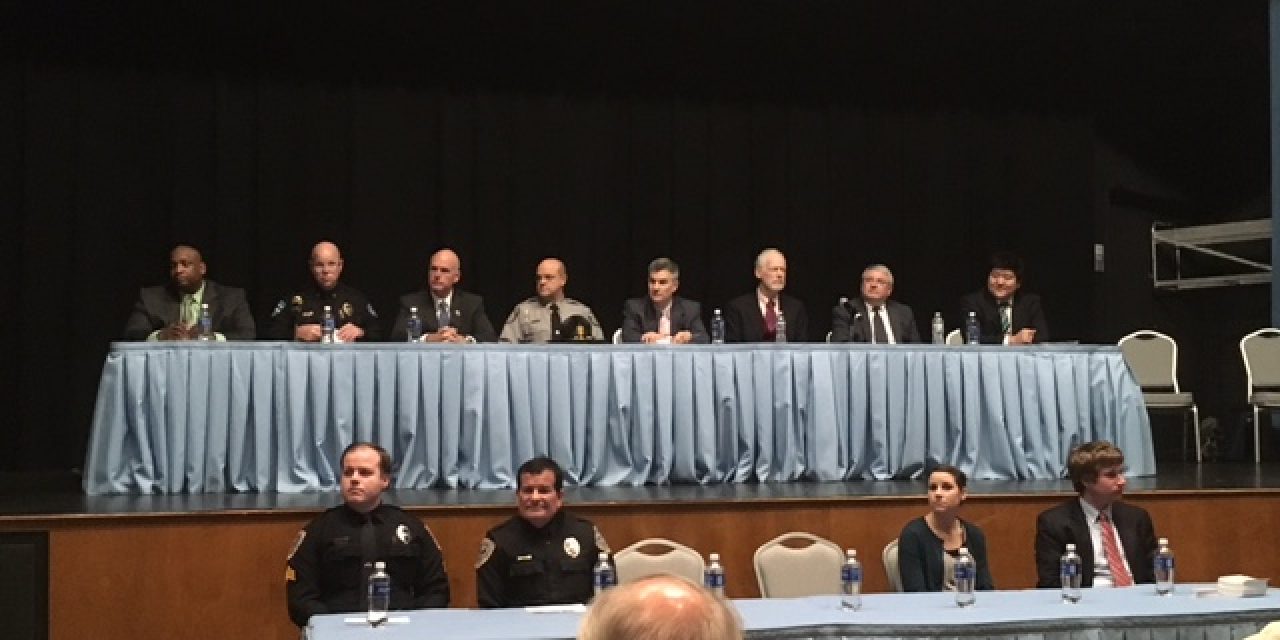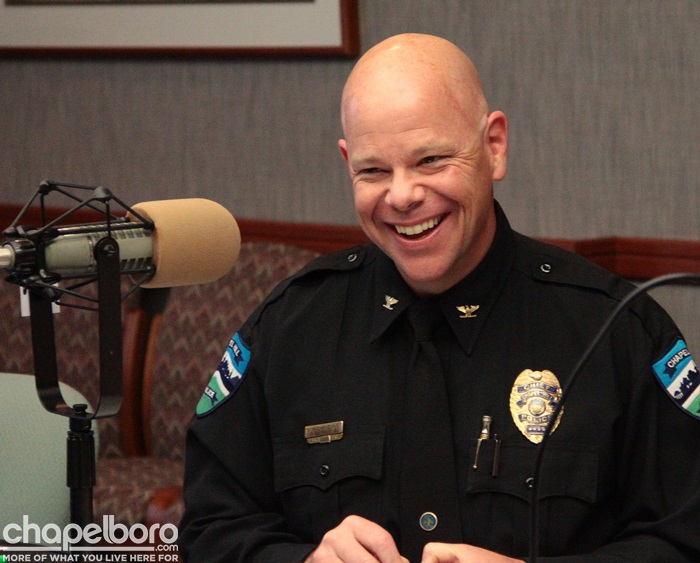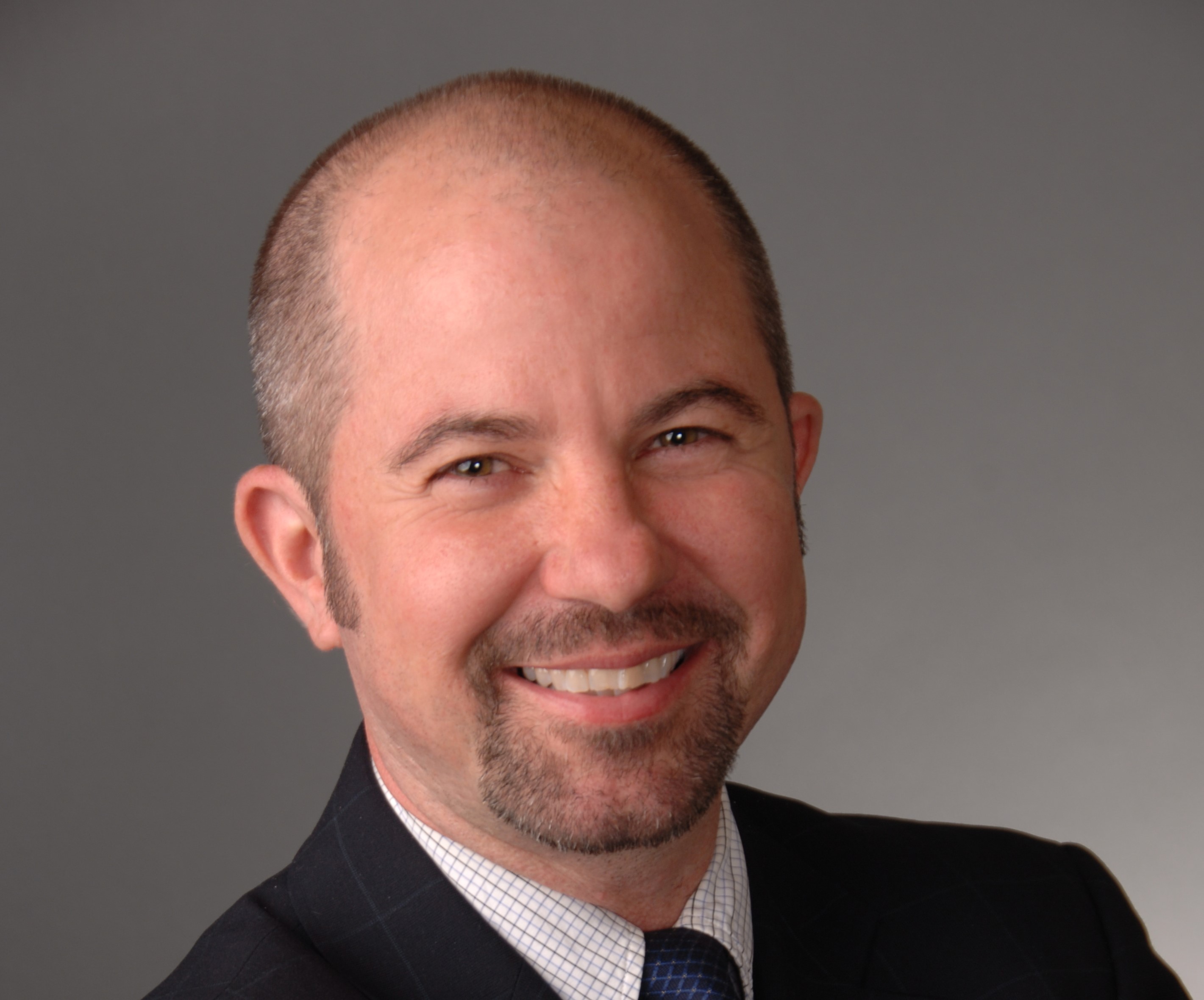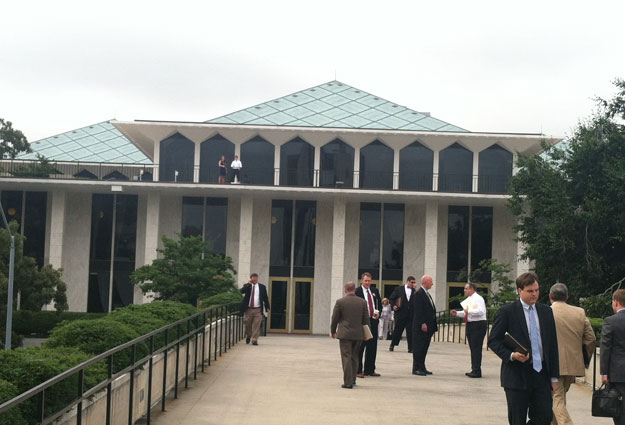UNC and the Town of Chapel Hill are creating dialogue surrounding President Donald Trump’s executive order: prohibiting residents from Syria, Iraq, Iran, Yemen, Sudan, Somalia and Libya from traveling to the US. University and community leaders gathered at the Student Union Wednesday evening to discuss this executive order and two others he signed at the end of January.
“I think most immigration lawyers are telling clients, ‘Do not travel,'” said Lynn Calder, UNC professor and immigration attorney. “Just don’t travel outside the country for awhile. No matter who you are. If you’re not a citizen, look at your specific circumstances but you may just not want to travel until all of this is fleshed out, and see where this all goes.”
Calder broke down the immigration changes so far under the new administration, but also discussed the two other executive orders Trump signed.
One of the executive orders would boost patrol forces and increase the number of immigration officers who enforce deportations. The other directed construction of a wall on the US/Mexico border. Calder said the real question about the wall is whether there is money to fund it.
“No matter how you feel about a wall, there has to be money to build it, right?” she said. “How quickly that can be done depends on if there’s funds there to do it. So even though the administration may be able to say, ‘We don’t have to get a law passed to build a wall,’ the administration does have to have the money to build a wall.”
Another question was how the travel ban would affect international students. Dean of Students Jonathan Sauls said he and the rest of the university will do everything they can to support all students, and that any are welcome to ask him questions about student status or to ask him for help. He said even though he may not have all the answers, he could help them find someone who does.
“The reality is that we have students who are directly affected by this series of orders,” he said. “We have individuals who have family and friends who are affected by this order. We have tremendous anxiety within our community, as folks anticipate what might be around the corner.”
Orange County Sheriff Charles Blackwood said law enforcement also hopes to support the community as much as possible, and that immigration status is not a priority.
“We don’t ask for your immigration status,” he said. “We don’t keep record of your immigration status. Our mission is to serve our community. Whatever that community looks like, wherever that community is.”
Calder said it’s important for law enforcement to support residents but it’s also important for both students and community members to know their rights.
“If an ICE officer comes to the door, the person behind the door has the right to remain silent, can refuse to speak to immigration officers,” she said. “You don’t have to answer any questions, you can ask to speak to an attorney first. You don’t have to sign anything, shouldn’t sign anything without speaking to an attorney first.”
Below is a list of some of the offered legal resources for immigrants in North Carolina.
- Legal Aid of NC
- Carolina Student Legal Services
- Justice Initiatives, INC.
- The North Carolina Justice Center
- Orange County Justice United
- El Centro Hispano
- The Southern Coalition for Social Justice
- The UNC Center for Civil Rights







Comments on Chapelboro are moderated according to our Community Guidelines